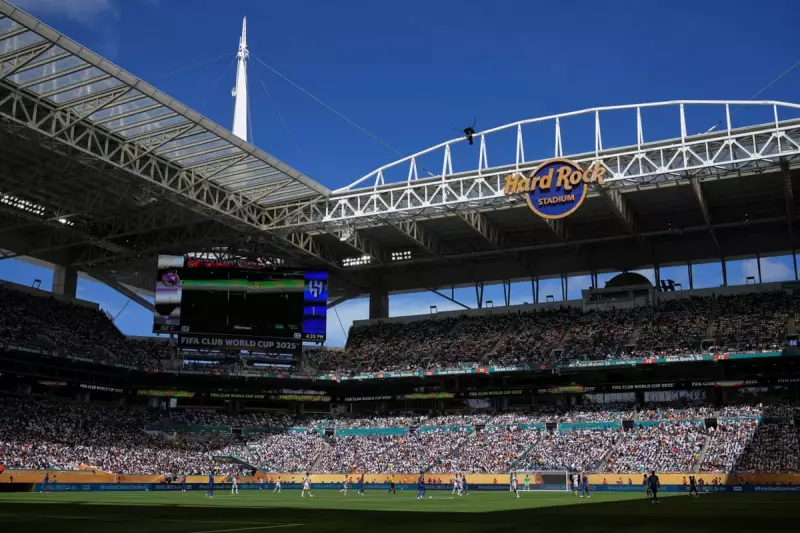
Spanish football has been plunged into turmoil as players from Barcelona and Villarreal have launched an unprecedented collective protest against La Liga's controversial decision to stage their upcoming league match in Miami.
Player Power Takes Centre Stage
In a remarkable show of unity, squad members from both clubs have formally rejected the transatlantic fixture scheduled for January 2025. The protest represents one of the most significant player rebellions in recent Spanish football history, with concerns ranging from extreme travel disruption to competitive integrity.
Welfare Concerns Dominate Player Complaints
The core objections raised by the protesting players include:
- Exhausting travel demands mid-season affecting performance and recovery
- Significant jet lag impacting subsequent domestic and European fixtures
- Unfair sporting advantage for other La Liga clubs not facing similar disruption
- Player welfare neglect in pursuit of commercial interests
La Liga's International Ambitions Face Major Hurdle
This fixture forms part of La Liga's aggressive strategy to expand its global footprint, following the league's 15-year partnership with Relevent Sports. However, the player revolt represents the most substantial challenge yet to commissioner Javier Tebas's internationalisation plans.
"We understand the need for global growth, but not at the expense of player health and sporting fairness," stated one senior squad member, who wished to remain anonymous.
Historical Context Adds to Controversy
This isn't the first attempt to bring La Liga to American soil. A previous effort to stage Girona's home match against Barcelona in Miami was blocked by the Spanish football federation (RFEF) in 2019. The current protest suggests underlying tensions between domestic traditions and international commercial ambitions remain unresolved.
What Happens Next?
With both squads standing firm, La Liga faces a critical decision:
- Proceed with the Miami fixture and risk a full-scale player boycott
- Revert to traditional Spanish venues and reconsider international strategy
- Seek compromise with player representatives and clubs
The outcome could redefine how European leagues approach overseas fixtures and set a crucial precedent for player empowerment in fixture decisions.





